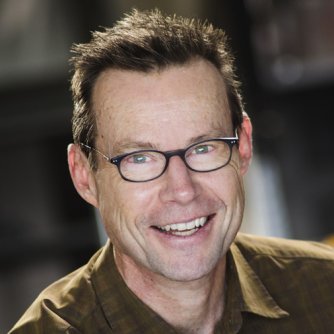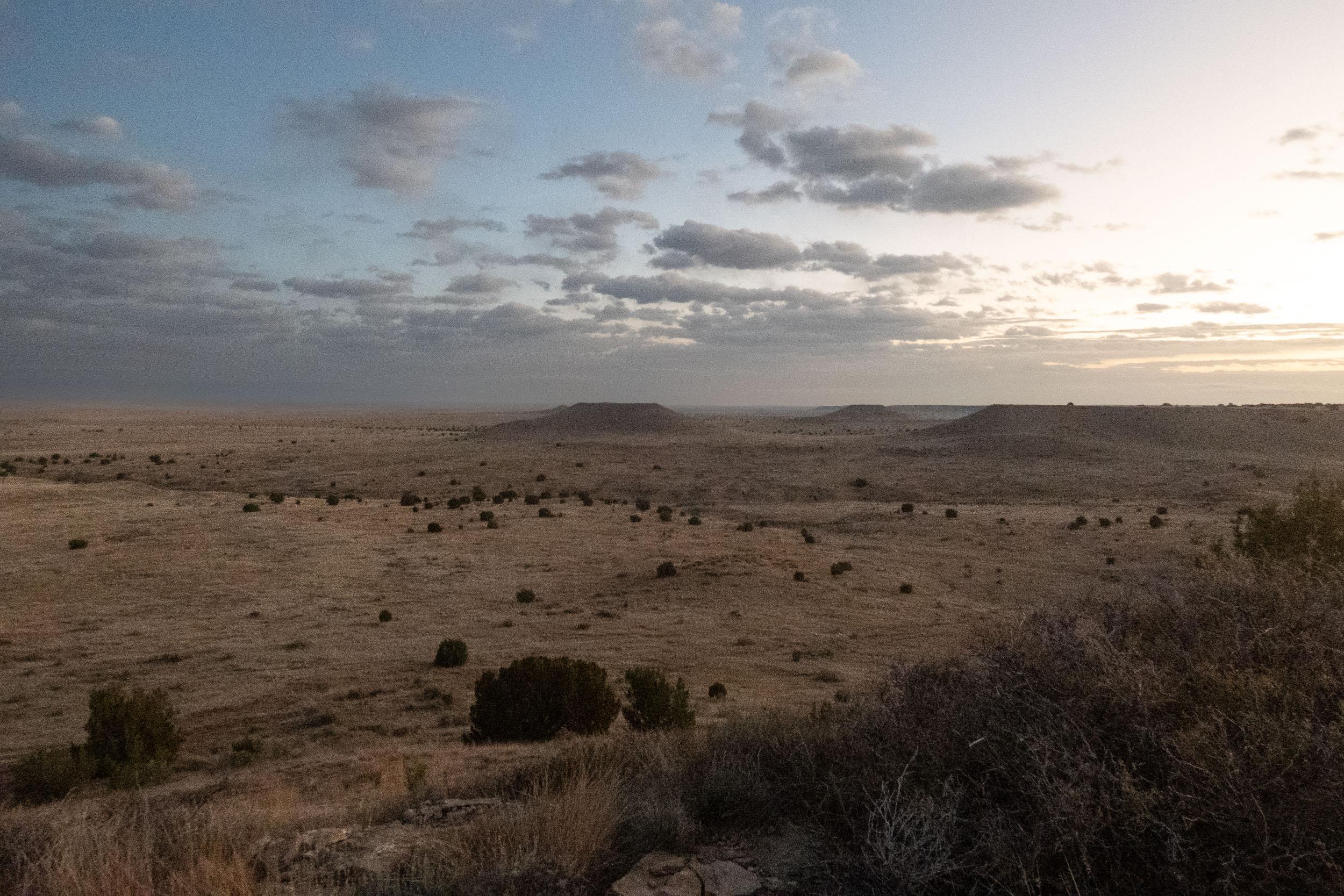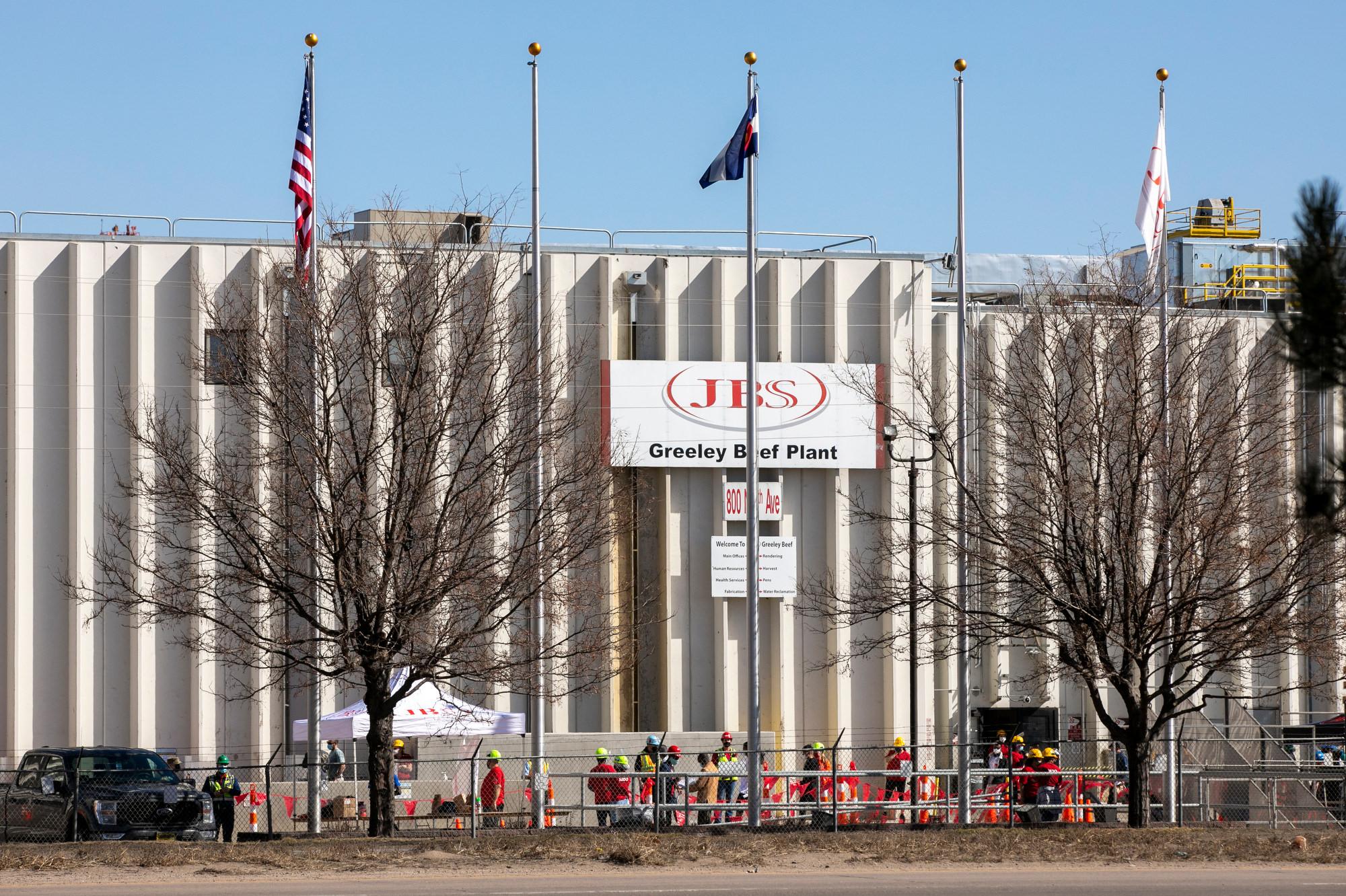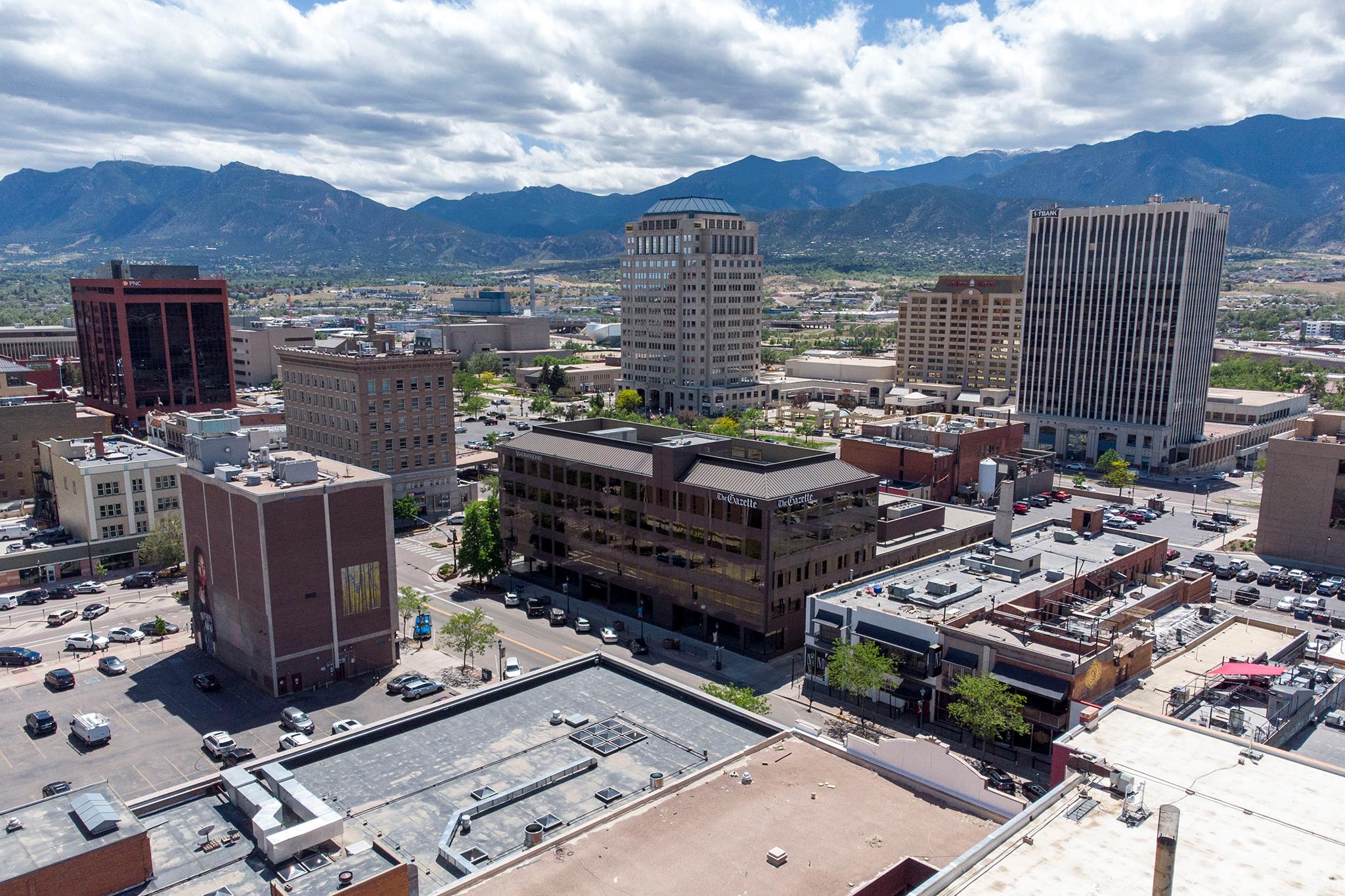
Colorado is the first state in the U.S. to create a Public Lands Day, recognizing the value of some 24 million acres in Colorado owned by the federal government.
A bill creating the holiday was signed by Gov. John Hickenlooper Tuesday. It will be the third Saturday in May, starting next year.
It's passage through the Legislature was complicated by disagreement about federal management of public land and by the armed occupation of a national wildlife refuge in Oregon earlier this year.
Peter Marcus covers the Legislature for The Durango Herald told CPR’s Mike Lamp about the rocky passage of what was supposed to be an non-controversial bill.
Click the audio player above to hear their conversation and read highlights below.
On why the bill stalled:
"The bill was introduced actually on the very first day of the legislative session, and didn't make its way out until the very end of the legislative session. And the reason why is because there's a lot of controversy that is swirling around just the issue of public lands. And so that controversy kind of spilled over into the legislature, where what was a seemingly non-controversial bill to create a public lands day was bogged down in all of this discussion on whether or not the federal government is truly the best to regulate our public lands."
On the disagreement over public lands:
"What happened is, as the bill was debated and went through various different committee hearings, it kept getting amended. And so in the Republican-controlled Senate it was amended from that simple, 'let's just celebrate a public lands day,' to 'let's state our grievances with the federal government,' in which the federal government uses all these burdensome regulations to kind of force people into abiding by a system that they don't need. Because they would be just fine on their own as farmers and ranchers managing the land, taking care of things on their own. Their feeling is that they don't need this over-regulation.
"On the other side, what happened was a lot of the conservation community, environmental groups, things like that, came forward and said, 'we can't transfer over millions of acres of federal land to the state's authority. The state doesn't of the money to manage it. The state won't have the any resources really to deal with this.' And what their fear is, that those lands would close and then sportsmen, outdoor enthusiasts, they wouldn't be able to utilize those lands anymore. It became a fight over ideology really."
On the Oregon stand-off:
"People weren't saying, 'well this is a bill about this standoff.' But it was just the fact that this was hanging over it and over shadowing it."
On how the bill was ultimately saved:
"They ended up just realizing that all we have to do is strip it down to what it was, which is a Public Lands Day for all of Colorado to enjoy. And sure enough they did that, and it passed. In the end, it was something both Republicans and Democrats could get behind."
On what the bill will (and won't) do:
"This isn't a bill with teeth. You know, it's a symbolic gesture to show Coloradans' dedication to the outdoors. And there are some kind of practical elements to it, in the sense that our tourism industry is a big money maker, the hunting industry, sports industry -- big money makers. So by showing the value of this day the hope is that it also helps to drive more people to the state and increases those industries."









